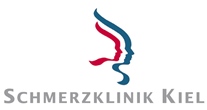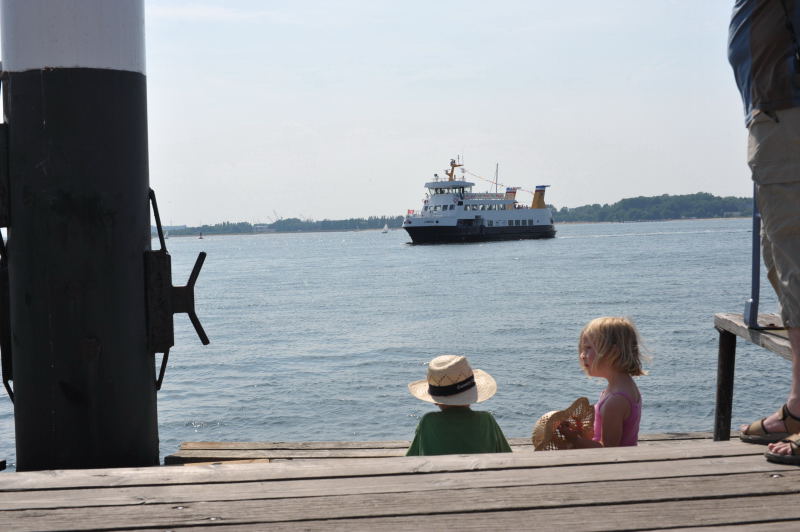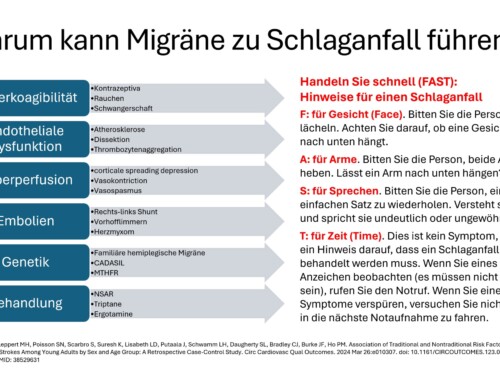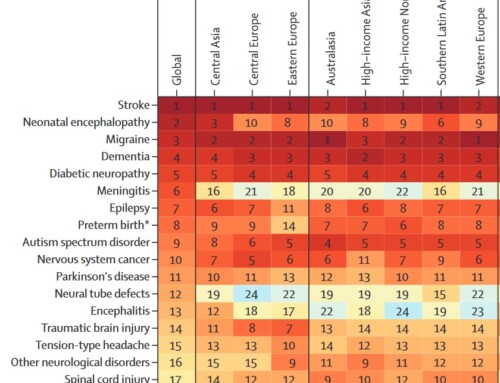For over ten years, we have been running the “Stop the Headache” program developed by Heide Denecke and Birgit Kröner-Herwig in an outpatient setting in close collaboration with the Techniker Krankenkasse. Based on this, we developed an intensive weekend course due to a large supra-regional supply requirement, which we successfully implemented and further developed. Medical and drug treatment aspects were also integrated.
Over the course of these treatment offerings, it became increasingly clear that a more intensive, multimodal treatment concept is necessary for a large number of children and young people who are already very severely affected. To this end, in addition to psychological aspects of experience and behavior, we have also integrated comprehensive medical, neurological, pain therapy, nutritional, physiotherapy and sports therapy elements into fully inpatient treatment for children and young people. This is how our 16-day, fully inpatient program “Strong for Headaches” was developed, which meets these requirements in a special way and ensures intensive, interdisciplinary and at the same time individually oriented treatment of headache problems in a small group with a maximum of 8 young patients.
How does the treatment work?
After an individual and well-founded treatment indication has been clarified in advance based on comprehensive preliminary findings, the decision to admit the patient as an inpatient can be made.
First, an intensive, interdisciplinary medical and psychological intake examination is carried out on the day of admission. If necessary, drug therapy is structured or initiated.
On the day of admission, there is also an initial introduction to the group with the other children or young people and a thematic introduction to headache disorders, their processes and their origins.
The behavioral medicine and sports therapy program starts on the following day, which is closely linked to the psychological content of the pain management group and is carried out throughout the entire period of the inpatient stay. It is also supplemented by individually tailored individual treatments. The program's building blocks, which build on each other and are interconnected, shape the 16-day stay in a close-meshed and interdisciplinary manner.
The program
1. Building block
"Together we are strong"
We get to know each other, we understand each other, accept and support each other and build the foundation for a good, trusting learning atmosphere in which we tackle our common problem, the headache!
2nd building block
“Knowledge makes you strong”
What is a headache? How do the types of headaches differ from one another? How do I feel and how do others feel about it? What is happening in my head, in my brain? Why do I have a headache and others don't? What is medication overuse headache, how does it occur, and how can it be prevented?
3. Building block
“Stress go away!”
What is stress? What does stress feel like? How do I know if I'm stressed and what can I do?
4th component: relaxation and distraction
a) “Just chill!”
The relaxation method progressive muscle relaxation is taught and its use is tested. But there are many other ways to unwind and relax
b) “ Headache in focus?”
This is about paying attention to pain, how and when should I pay attention to the pain, and how extensively... -can it be too much? And it's about distraction, how distraction works, when it doesn't work, how and where it makes sense and how I can then use it specifically as a strategy.
5. Building block
“What about medication?”
What medications are used to treat headaches? What is drug prophylaxis? What should i be aware of? Where might dangers lurk? This will be discussed separately with the children and also with the parents in order to be able to do justice to everyone involved in a special way. Experience has shown that there are often great uncertainties that we encounter here.
6. Building block
“We direct thinking”
Which thoughts can be stressful and literally give us a headache? How do such dark, dark thoughts cause us stress? How can you stop such thoughts? And how can these be transformed into brighter, more colorful thoughts? -We make it!
7. Building block
“Don’t forget to eat…!”
This is about nutrition, which plays a very important role, especially when it comes to headaches. Eating regularly is so important! In addition, there are many, many questions, such as can I eat everything? What is good for me as a headache patient? What can I pay attention to? Am I not allowed to eat sweets anymore?
8. Building block
“ How am I strong?”
This component is about so-called “social skills”. We practice: How can I assert myself without hurting others? Do I always have to please others or can I say no sometimes? How can I express my opinion even if it doesn't correspond to that of others? When I can confidently face others, I have significantly less stress!
9. Building block
“Problems? - No problem!"
Who doesn't have them, problems after problems! We practice a really good strategy to solve problems as effectively as possible without letting them overwhelm us - because that doesn't help the headaches at all...!
10. Building block
“Expert panel: Wow, I’m strong!”
This is our final session: – I am the expert! I 'm the boss! I have the overview! We look back on all issues and look forward, because now we have the headaches under control - they no longer control us!
These subject areas are implemented psychotherapeutically, sports therapeutically and medically and medicamentally in close professional cooperation both in the group and individually with the individual young patients.
Requirements for participation are:
- Chronic headaches (migraines, tension-type headaches)
- Existing or threatened impairment of quality of life (school, hobbies, contact with friends) and/or ability to work at school
- Failure of previous unimodal pain therapy, pain-related surgery or withdrawal treatment
- Pain-maintaining psychological comorbidity
- Serious somatic concomitant illness
- Ages between 10 and 17 years
If you would like your son or daughter to receive treatment as part of this program, please contact Ms. Schnoor on 0431-20099120
The next courses will take place:
Course 2019 from 17.06.-03.07.2019
Course 2019 from 21.10.-06.11.2019










Leave a comment